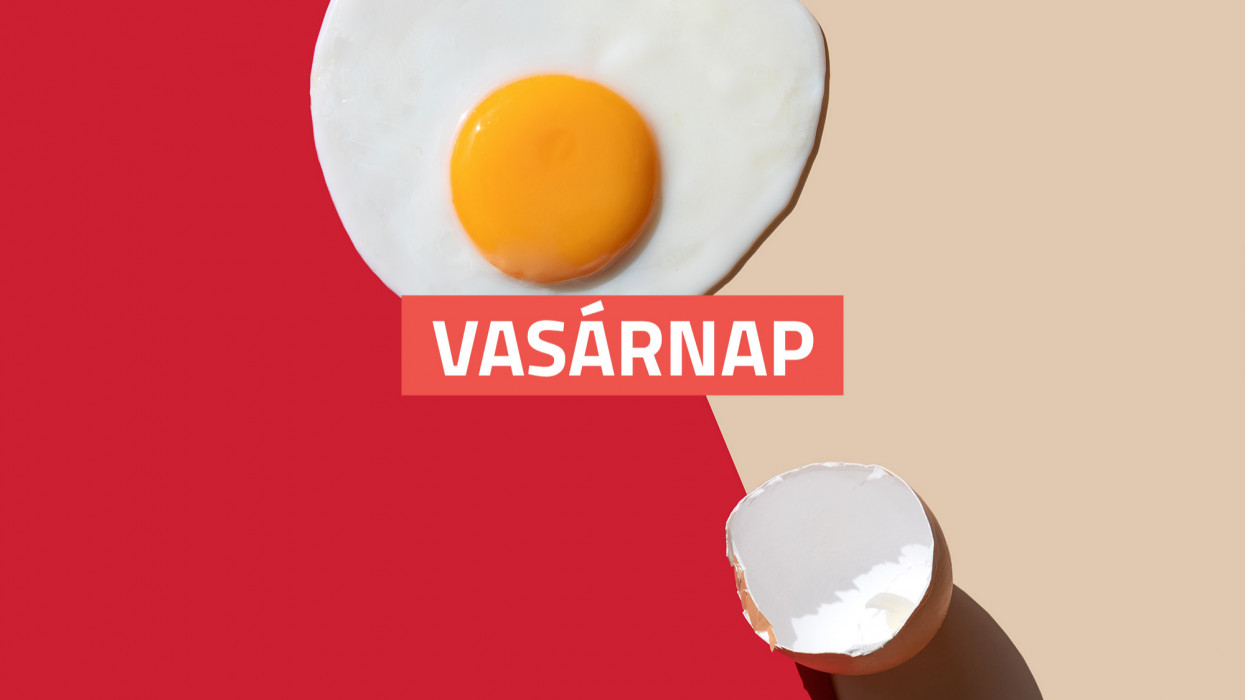The methodology will ensure coherent monitoring of food waste levels across the EU. Preventing food waste was identified as one of priority areas in the Circular Economy Action Plan adopted by the Commission in December 2015 and is one of ten major indicators of the Circular Economy Monitoring Framework, telling us how advanced we are in the transition from linear “make-use-dispose” to circularity, where loss of resources is minimised.
Frans Timmermans, First Vice-President, said: "Food waste is unacceptable in a world where millions still suffer from hunger and where our natural resources, which make human life and wellbeing possible, are becoming increasingly scarce. That is why we have defined food waste prevention as a key priority in building a circular economy and a sustainable society. To deliver change, we have to be able to properly measure food waste. I am pleased to see the EU developing the first ever comprehensive food waste measurement methodology and blazing the trail globally.
Jyrki Katainen, Vice-President for Jobs, Growth, Investment and Competitiveness, in charge of Health and Food Safety, said today in his speech to the EU Platform on Food Losses and Food Waste: "The business case for food waste prevention is convincing. Research shows a 14:1 return on investment for companies which integrated reduction of food loss and waste in their operations. I count on the active participation of food business operators to measure, report and act on food waste levels. In food waste, as in life, what gets measured, gets managed." Based on the methodology, Member States are expected to put in place a monitoring framework with 2020 as the first reporting year in order to provide the first new data on food waste levels to the Commission by mid-2022. The EU reporting framework will help standardize reporting of food waste levels by business and contribute to global monitoring of Sustainable Development Goals Target 12.3. The Delegated Act is subject to scrutiny by co-legislators and will be sent to the European Parliament and the Council by the end of July.
A press release and Questions and Answers and speech are available online.
Via europa.eu







